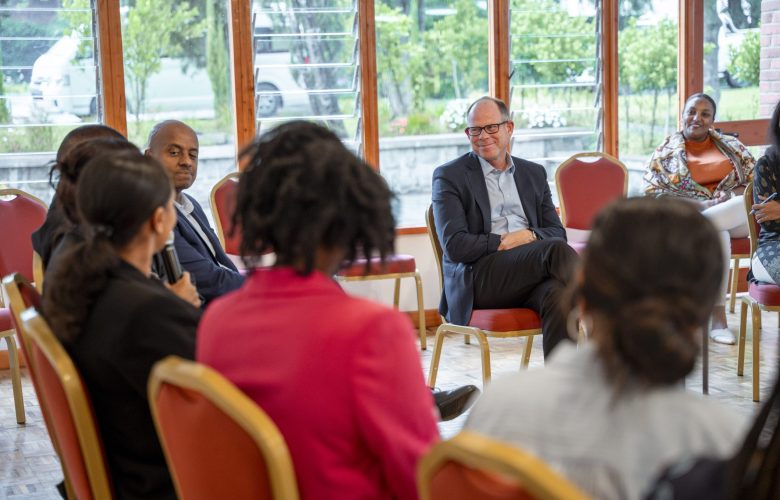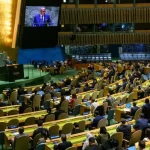Suzman’s visit prioritized collaboration. He engaged with a diverse range of stakeholders, from high-ranking policymakers to individuals directly benefiting from the Gates Foundation’s initiatives.
In the Sidamo region, Suzman witnessed the essential work undertaken by health extension workers and village health leaders, who play a critical role in community health outreach. He also interacted with married adolescent girls participating in the Smart Start program, a nationwide initiative empowering young women to pursue educational and entrepreneurial goals while effectively managing family planning.
Agriculture and climate change emerged as some of the points of discussion during a meeting with the media. Highlighting the importance of agricultural research in the face of a changing climate, Suzman noted, “The Gates Foundation prioritizes agricultural research, and we are the world’s largest funder of CGIAR, a global partnership that unites international organizations focused on food security research.” He elaborated on the foundation’s commitment, stating, “CGIAR has made significant progress in researching drought and flood-resistant crops like rice, maize, and wheat. This remains a primary focus for the foundation, with over $2 billion committed to such efforts.”
Suzman emphasized the critical role of sustainable and resilient agriculture practices as the world grapples with climate change’s impact. “With climate change’s harsh effects becoming increasingly visible in developing nations, investment in sustainable and resilient agriculture is more crucial than ever,” he remarked.
Suzman acknowledged the disproportionate burden climate change places on developing countries. He drew attention to the unprecedented five-year drought in the Horn of Africa, stating, “We all know that many high-income countries don’t always act as if the greatest burden of climate change falls on the countries that contributed least to global emissions. The recent drought in the Horn of Africa, a region already prone to drought, serves as a stark example. This was an unprecedented event, with five consecutive years of drought.”
Suzman concluded by emphasizing the importance of combined efforts, “Investing in drought and flood-resistant crops and livestock is critical. However, broader support for farming practices, including water and fertilizer use optimization, is equally important. It’s the combination of these efforts that will truly enable Ethiopia to build resilience in the face of climate change.”
Suzman’s visit to Ethiopia underscores the Gates Foundation’s unwavering commitment to supporting the nation’s health and agricultural sectors. By fostering collaboration and investing in climate-smart solutions, the foundation aims to empower Ethiopia to navigate the challenges of a changing world.





